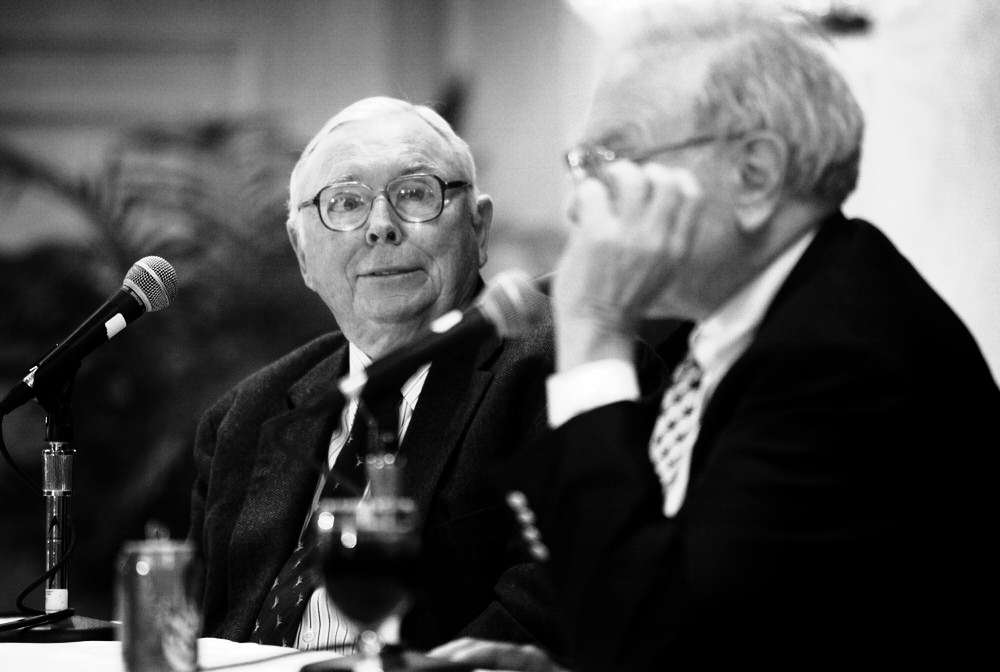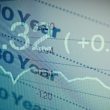by Jurrien Timmer, Director of Global Macro, Fidelity Investments
There are signs that you may get some sustained relief soon from higher prices.
Key takeaways
- Commodity prices have declined from recent highs.
- Inflation expectations have subsided somewhat as well.
- Stocks will likely continue to reflect inflation risks over the near term.
There may not be many positive catalysts to drive the market higher over the short term—especially while several more interest rate hikes appear likely down the road—but I do think there's some emerging good news: Inflation may have peaked.
Commodity prices retreat
Most commodity prices have started to put the brakes on recently. The Bloomberg Commodities Index—which tracks more than 20 commodity futures including energy, metals, and livestock—has declined 19% since this year's most recent high reached on June 9 (see Commodity prices have broadly declined in recent weeks chart below).
Take oil, for example. West Texas Intermediate Crude (the benchmark oil price in North America) is trading at just under $97 barrel, as of late June, down from the near-term peak of $120 per barrel in early June. Among food commodities, wheat prices are near $8 per bushel, down from $13 per bushel in mid-May. While those prices are still high relative to pre-supply chain problems from just a few years ago, they are down substantially from post-Ukraine invasion levels—providing some measure of relief to many consumers around the world.
There's also evidence in the TIPS breakeven that inflation expectations may have peaked. TIPS are Treasury Inflation-Protected Securities (basically, they are bonds that provide protection against inflation), and the TIPS breakeven uses the yields on TIPS to measure expected inflation. The 5-year TIPS breakeven has fallen 100 basis points since March, suggesting investors broadly expect inflation to fall (see TIPS chart suggests investors expect lower inflation chart below).
Of course, geopolitical flare-ups, bad weather, an increase in demand for specific commodities, and other factors could put a halt to the slowdown in prices. If those events don’t come to pass, I think it's possible we may be past peak inflation.
Will the inflation battle yield a recession?
If inflation is indeed peaking, that might alleviate some of the pressure pushing the Fed to aggressively raise rates. With that said, the Fed has indicated it will continue to bump up its main lending rate, with fed funds markets suggesting the end game is around 3.5% (the fed funds rate currently stands at a target range of 1.5% to 1.75%).
The big question for stock investors is whether company earnings will take additional hits from further rate hikes. As rates rise, the cost of borrowing increases, and that can negatively impact earnings. With earnings season right around the corner, we will soon find out.
Many are wondering if a recession might be the price to pay for taming the inflation beast. The yield curve is getting closer to arriving at this outcome. But we are not there yet, in my view, especially when looking at the TIPS curve or the 2-year/10-year curve adjusted for the term premium. (The term premium is an estimate of the risk that investors require as compensation for the possibility that rates will change over the life of a bond). The chart below depicting yield curves might seem complicated, but it's essentially suggesting that a recession signal isn't necessarily being given by the difference between longer-term bonds and shorter-term bonds.
So, what does all this mean? If inflation continues to slow, the Fed may not have cause to be as aggressive in hiking rates. While that may not drive stocks higher, it may not be as negative of a catalyst as it has been thus far this year. More importantly, if prices for things like gas, groceries, and other products do continue to come down, consumers may be able to breathe a little easier.
About the expert

Jurrien Timmer is the director of global macro in Fidelity's Global Asset Allocation Division, specializing in global macro strategy and active asset allocation. He joined Fidelity in 1995 as a technical research analyst.
Copyright © Fidelity Investments














